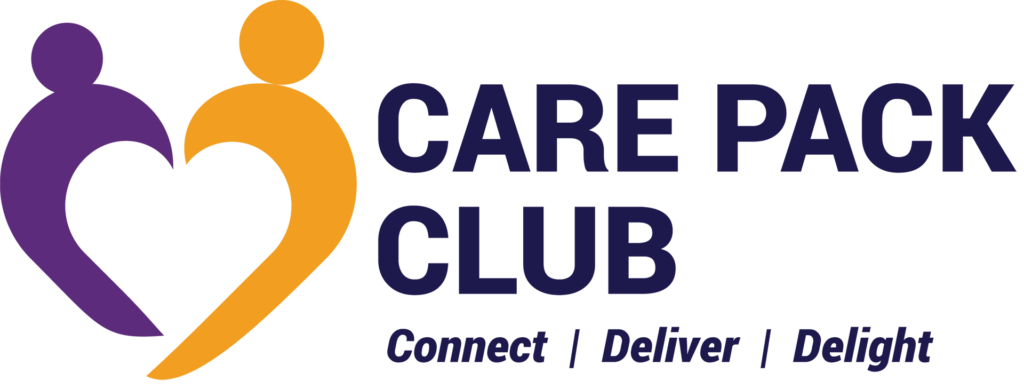If you’re part of the sandwich generation—caring for aging parents while raising kids—you know how complicated the healthcare system can be. One of the biggest challenges is understanding Medicare and Medicaid and how they impact your parents’ healthcare options.
These two programs provide essential coverage, but they work differently and have specific rules. Let’s break them down so you can make informed decisions for your loved ones.
What Is Medicare?
Medicare is a federal health insurance program primarily for people 65 and older, as well as some younger individuals with disabilities. It’s not free, but it helps cover hospital stays, doctor visits, and prescriptions.
There are four parts to Medicare:
Medicare Part A – Hospital Insurance
✅ Covers inpatient hospital stays, skilled nursing facility care, hospice, and some home healthcare.
✅ Most people don’t pay a premium if they (or their spouse) worked and paid Medicare taxes for at least 10 years.
✅ There is a deductible and cost-sharing for hospital stays beyond a certain number of days.
Medicare Part B – Medical Insurance
✅ Covers outpatient care, doctor visits, preventive services, lab tests, and medical equipment.
✅ There is a monthly premium (in 2024, the standard premium is $174.70, but it can be higher for higher-income individuals).
✅ Includes a deductible and typically covers 80% of approved services (you pay the remaining 20%).
Medicare Part C – Medicare Advantage
✅ A private insurance plan that combines Part A & B, often with extra benefits like vision, dental, and hearing.
✅ May have lower out-of-pocket costs but requires using network doctors and hospitals.
✅ Costs and coverage vary by plan.
Medicare Part D – Prescription Drug Coverage
✅ Helps cover the cost of prescription medications.
✅ Offered by private insurers, with different drug formularies (lists of covered medications).
✅ There is a “donut hole” coverage gap, meaning costs may be higher once a spending limit is reached, but recent changes have reduced this burden.
🔹 Key Tip: Your parent must enroll in Medicare when they turn 65 unless they have qualifying employer coverage. Missing the enrollment window can result in lifelong penalties.
What Is Medicaid?
Medicaid is a state and federally funded program that provides health coverage for low-income individuals, including seniors who need long-term care. Unlike Medicare, Medicaid covers nursing home care and other services Medicare does not.
Who Qualifies for Medicaid?
Eligibility depends on income and assets, which vary by state. In general:
✅ Individuals must have low income and limited assets (usually less than $2,000 in savings for a single person).
✅ Certain medical conditions or high care needs can qualify someone for Medicaid, even if their income is slightly higher.
✅ Medicaid may cover home and community-based services (HCBS) to help seniors remain at home instead of moving to a nursing facility.
What Does Medicaid Cover?
🩺 Doctor visits and hospital care
💊 Prescriptions (sometimes with a small copay)
🏡 Long-term nursing home care (unlike Medicare, which only covers short-term skilled nursing care)
🚑 Home healthcare and personal care assistance
🔹 Key Tip: Medicaid planning is crucial if your parent may need long-term care in a nursing home. Medicaid has a five-year lookback period, meaning assets transferred within the past five years could impact eligibility.
Medicare vs. Medicaid: What’s the Difference?
| Feature | Medicare | Medicaid |
|---|---|---|
| Who Qualifies? | 65+ or disabled | Low-income individuals |
| Covers Long-Term Care? | No, only short-term | Yes, including nursing homes |
| Premiums? | Yes, for Parts B, C & D | No (or very low) |
| Out-of-Pocket Costs? | Deductibles, copays, and coinsurance | Minimal, based on income |
| Administered By? | Federal government | State and federal government |
🔹 Key Tip: Some people qualify for both Medicare & Medicaid (called “dual eligibility”). In this case, Medicaid may cover out-of-pocket costs that Medicare does not.
How to Get Help with Medicare and Medicaid
Navigating these programs can be confusing, but help is available:
- 📞 State Health Insurance Assistance Programs (SHIP) – Free Medicare counseling in every state. Find yours at www.shiphelp.org.
- 🏥 Medicaid Offices – Visit your state’s Medicaid website or call your local office to check eligibility.
- 💻 Medicare.gov – The official Medicare site offers tools to compare plans and check coverage.
- ⚖️ Elder Law Attorneys – Can help with Medicaid planning to protect assets while ensuring eligibility.
🔹 Key Tip: If your parent needs nursing home care, consult an expert early to understand Medicaid rules and avoid penalties.
Final Thoughts
Medicare and Medicaid are essential programs for aging parents, but they work very differently. Understanding their coverage options can help you:
✅ Ensure your parent gets the right healthcare coverage
✅ Avoid late enrollment penalties
✅ Plan ahead for long-term care needs
Taking the time to understand these programs now can reduce stress later and give you confidence in managing your parent’s care.







